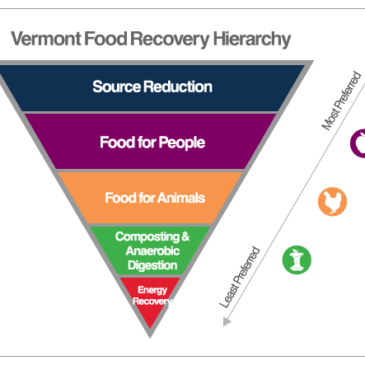New York – Composting Rules
New York requires agricultural composters who accept any amount of food scraps from off-site to apply for a permit. In addition to the permit requirement, composters must adhere to specific performance standards including methods of vector and pathogen reduction. Some non-food materials, including animal manure and no more than 3,000 cubic yards of yard trimmings per year, may be conditionally exempt from the permit requirement.… Read More




